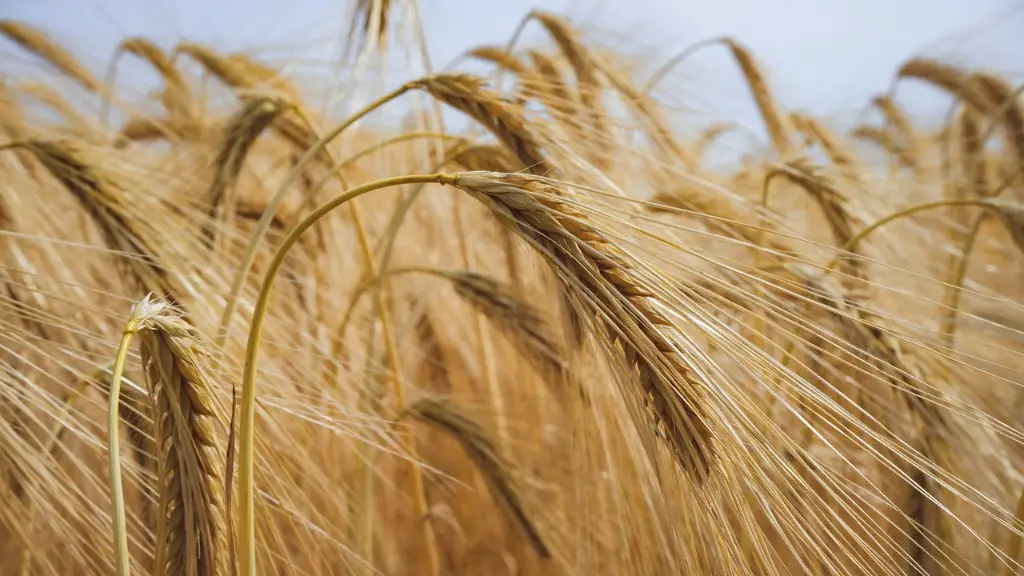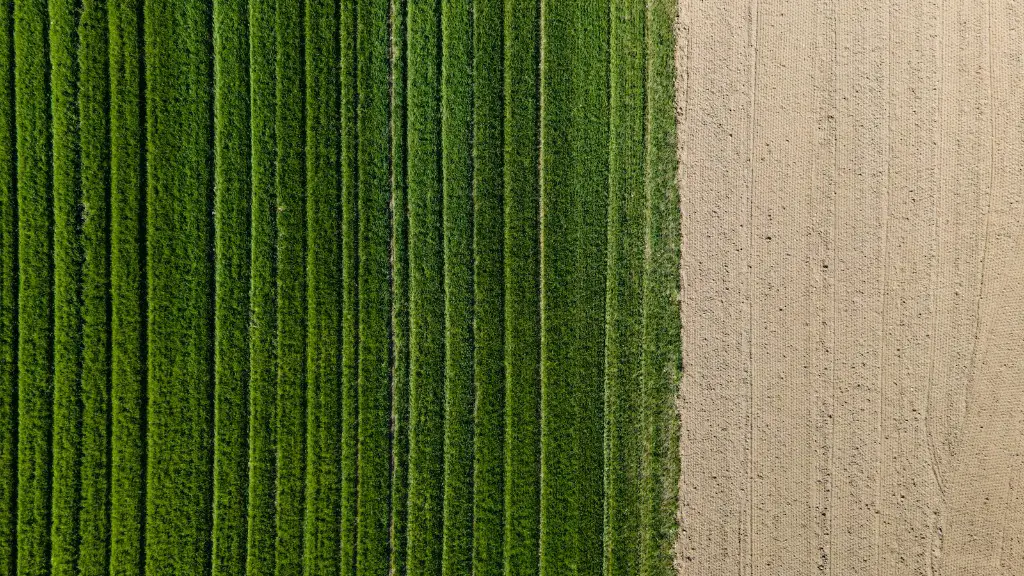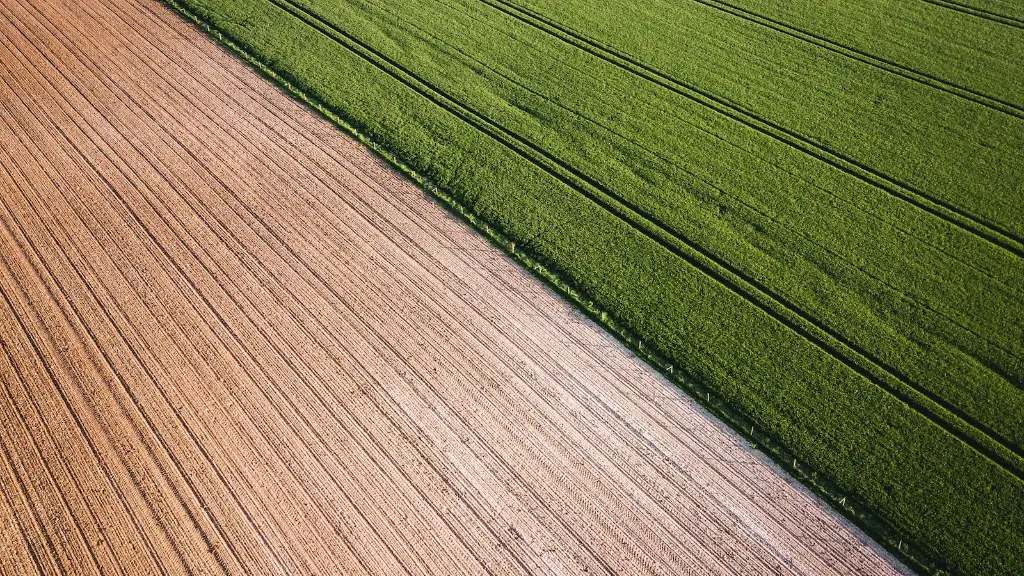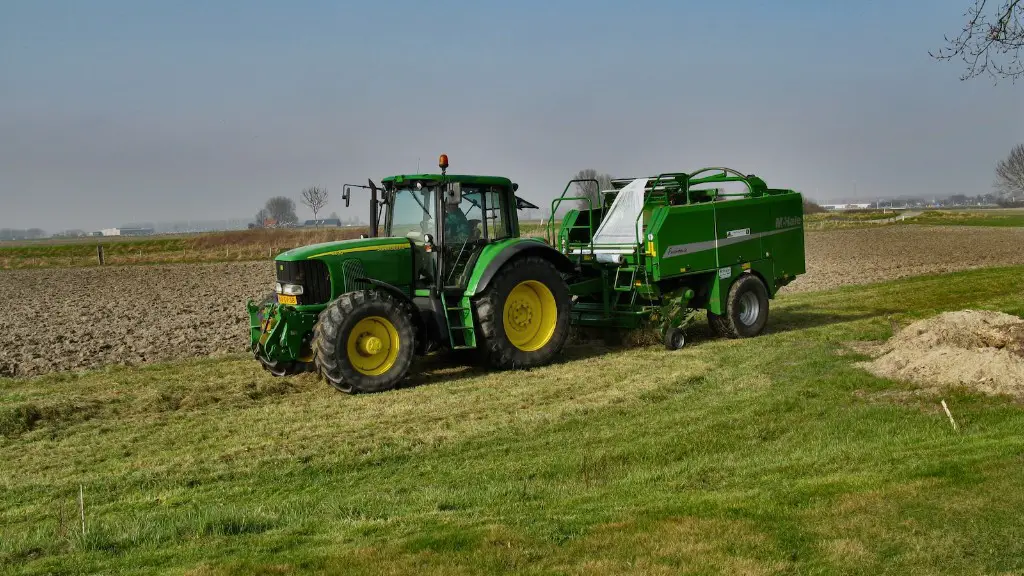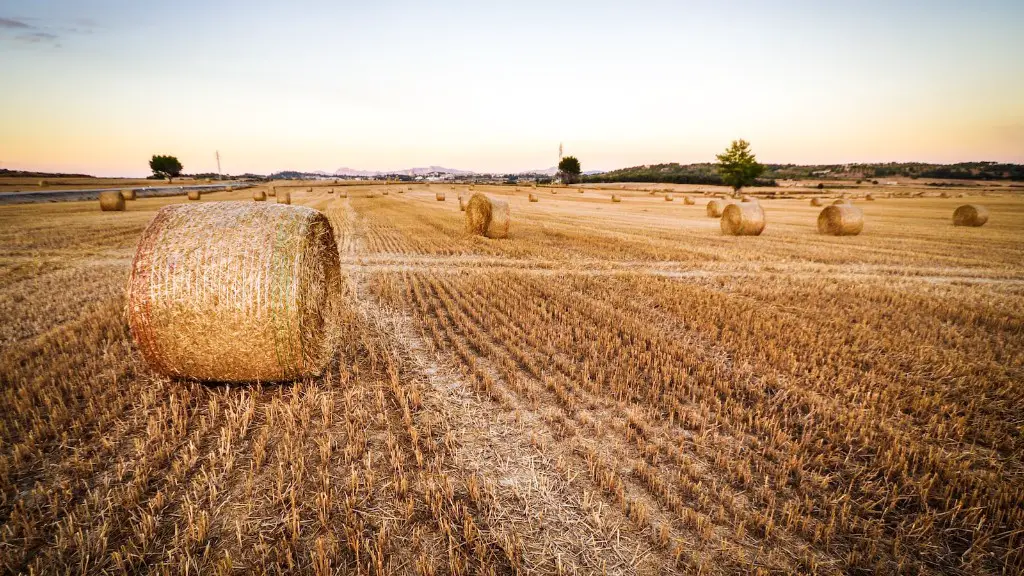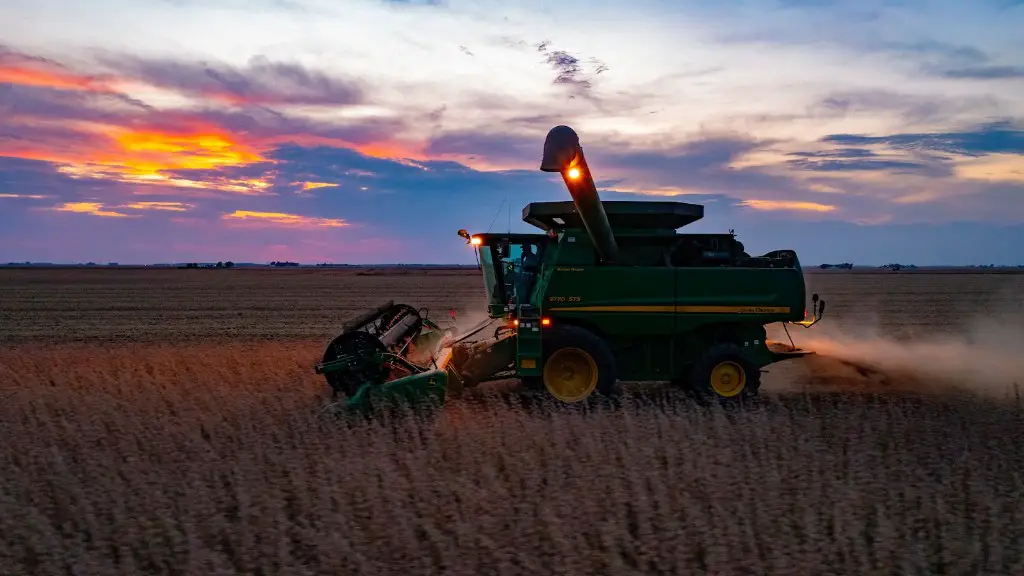Agriculture has been touted as the worst mistake in human history because it has led to widespread malnutrition and obesity, as well as a host of other health problems. Agriculture has also been blamed for causing environmental degradation, as well as for the displacement of traditional cultures.
There are many reasons why agriculture has been dubbed the worst mistake in human history. For one, it has led to the destruction of vast tracts of natural habitats, as more and more land is turned over to farms and other agricultural endeavors. Additionally, it has resulted in a dramatic decline in the diversity of both plant and animal life, as domesticated species have come to dominate the landscape. Agriculture has also been a major contributor to climate change, as the clearing of land for farming and the use of chemical fertilizers and pesticides have released large amounts of greenhouse gases into the atmosphere. Finally, the rise of agriculture has ushered in an era of human domination over the natural world, which has had devastating consequences for both the environment and the vast majority of non-human species that call this planet home.
Was agriculture the biggest mistake in human history?
There is no one answer to the question of what caused the rise of farming. However, archaeologists studying the issue have reconstructed a crucial stage at which humans made a mistake that led to many problems.
Forced to choose between limiting population or trying to increase food production, humans chose the latter. This led to starvation, warfare, and tyranny. Overpopulation put pressure on resources, which led to competition and conflict. In order to increase food production, humans began to cleared forests and cultivated the land. This led to soil erosion and a decline in biodiversity.
The rise of farming was a mistake that led to many problems. However, it is also important to note that without this mistake, humans would not have been able to develop the technology and civilization that we have today.
Agriculture is the leading source of pollution in many countries. Pesticides, fertilizers and other toxic farm chemicals can poison fresh water, marine ecosystems, air and soil. They also can remain in the environment for generations.
Toxic farm chemicals can enter the environment through many different pathways. They can be applied to fields and then wash off into nearby waterways. They can drift in the air and settle on nearby land and water. They can also leach into groundwater.
Once in the environment, these chemicals can have devastating effects. They can kill aquatic life, contaminate drinking water, and make people and animals sick. They can also accumulate in the food chain, magnifying their impacts.
To protect the environment and human health, it is essential to reduce the use of toxic farm chemicals. This can be done through better management practices, the use of less-toxic chemicals, and the development of new technologies.
What was the worst mistake in the history of the human race
Jared Diamond’s essay “The Worst Mistake in the History of the Human Race” makes a compelling case that the adoption of agriculture was a mistake for humanity. He argues that the negative consequences of agriculture have far outweighed any positive benefits, and that humans would be better off if we had never adopted this practice. This is a controversial topic, but Diamond’s argument is well-reasoned and backed up by evidence. It’s definitely something to think about the next time you bite into a juicy hamburger.
The domestication of plants and animals was a pivotal moment in human history, as it allowed for the development of cities and civilizations. Agriculture allowed for a far greater population to be supported, as crops and animals could be farmed to meet demand. Today, the global population has rocketed to over seven billion people, thanks in part to the advances made in agriculture.
Why did humans get shorter after agriculture?
It is interesting to note that humans lost inches in height when they switched from hunting and foraging to farming. This is likely due to the fact that farming led to malnourishment, as the diet was not as varied or nutritious as it was when humans were hunter-gatherers. This just goes to show how important a varied and nutritious diet is for human health!
Farmers face a variety of problems, from climate change and soil erosion to biodiversity loss and meeting changing consumer tastes. They must also invest in farm productivity and adopt new technologies to stay resilient against global economic factors.
What was the negative impact of the agricultural revolution?
The agricultural revolution had a variety of consequences for humans. It has been linked to everything from societal inequality—a result of humans’ increased dependence on the land and fears of scarcity—to a decline in nutrition and a rise in infectious diseases contracted from domesticated animals.
In this article, Professor Jared Diamond challenges the popular belief that the adoption of agriculture was a progressive step for human beings. He argues that, in fact, it was the worst mistake in the history of the human race. He cites a number of reasons for this, including the fact that agriculture led to a more sedentary lifestyle and a diet that was poorer in nutrients than the hunter-gatherer diet. Agriculture also resulted in a more unequal society, with a small elite class of landowners and a large class of peasant farmers. Diamond concludes by saying that we should not be too quick to condemn the hunter-gatherers for their way of life.
Can humans live without agricultural
As the global population continues to grow, it is imperative that we find ways to produce enough food to feed everyone. Agriculture is the key to ensuring food security, and sustainable agriculture is the key to ensuring that we can continue to produce food into the future.
There are many challenges that face agriculture today, including climate change, water shortages, and soil depletion. However, there are also many new technologies and methods that can help us meet these challenges. Climate-smart agriculture, for example, can help us produce food in a way that is more resilient to climate change. And improved farming methods can help us use resources more efficiently and minimize waste.
Genetic engineering is another tool that can help us increase food production. By developing crops that are more resistant to pests and diseases, we can reduce the amount of food that is lost to crop failures. And by developing crops that can grow in less hospitable environments, we can open up new areas for agriculture.
Ultimately, sustainable agriculture is the key to feeding the world in the future. By using new technologies and methods, we can ensure that we can continue to produce food, even in the face of challenges like climate change.
This is an interesting report that shows how inequality has increased with the advent of Agriculture. It is interesting to see how the rich have gotten richer while the poor have stayed relatively the same. It will be interesting to see what changes in the future as agricultural technology and practices continue to develop.
What is considered the worst time in history?
The absolute worst time to be alive was 536 AD, according to a team of scientists and historians. They looked back at humans’ history on Earth and identified that year as the most difficult to live through. Many people died from a mysterious illness, and the world was plunged into darkness for 18 months. It was a truly terrible time to be alive.
According to medieval historian Michael McCormick, the year 536 was the worst to be alive. This was due to a number of factors, including a volcanic eruption that caused widespread cooling and crop failures, and a plague of Justinian that killed millions.
Did agriculture change the life of early humans
Agriculture brought about important changes in man’s life. He gave up his nomadic life and settled down at one place in selected areas. He could grow his own food. He no longer was a wanderer or gatherer and settled down in one place. This led to the development of civilizations and cultures.
However, it allowed for a more sedentary lifestyle and the development of civilizations. Agriculture allowed for the domestication of plants and animals, which led to the development of cities and civilizations. Agriculture also allowed for the growth of food surpluses, which allowed for the development of trade and commerce.
How did humans live before agriculture?
Hunter-gatherer cultures forage or hunt food from their environment. Often nomadic, this was the only way of life for humans until about 12,000 years ago when archaeologic studies show evidence of the emergence of agriculture.
Hunter-gatherers have to be constantly aware of their surroundings and the changes in the environment in order to find food. This way of life is extremely difficult and requires a great deal of knowledge and skill.
From the Neolithic Age until the 18th century, humans attained small stature. On average, men were 165 centimeters, which is about the height of Tony Liberatore, a former professional footballer. This height range would allow for some statistical wobble of two centimeters either way.
How big were humans before agriculture
Scientists have discovered that the largest Homo sapiens lived 20,000 to 30,000 years ago with an average weight between 176 and 188 pounds and a brain size of 1,500 cubic centimeters. However, they discovered that some 10,000 years ago, size started getting smaller both in stature and in brain size. This may be due to the fact that early humans were under constant threat of predators and had to be quick and agile to survive. Over time, as the threat of predators diminished, humans began to grow larger again.
Farming significantly changed the way that humans ate, and not always for the better. The lack of variety in crops led to significantly less nutrition, as reflected in the bones that archeologists dig up. The teeth and bones of hunter-gatherers tend to be healthier and less disease-ridden than their farming counterparts. This is likely due to the fact that hunter-gatherers had a more varied and nutritious diet.
Warp Up
Agriculture is the worst mistake in human history because it has led to environmental degradation, loss of biodiversity, and climate change. Agriculture has also contributed to social inequality and conflict.
agriculture is the worst mistake in human history because it has led to environmental degradation, loss of biodiversity, and soil depletion.
